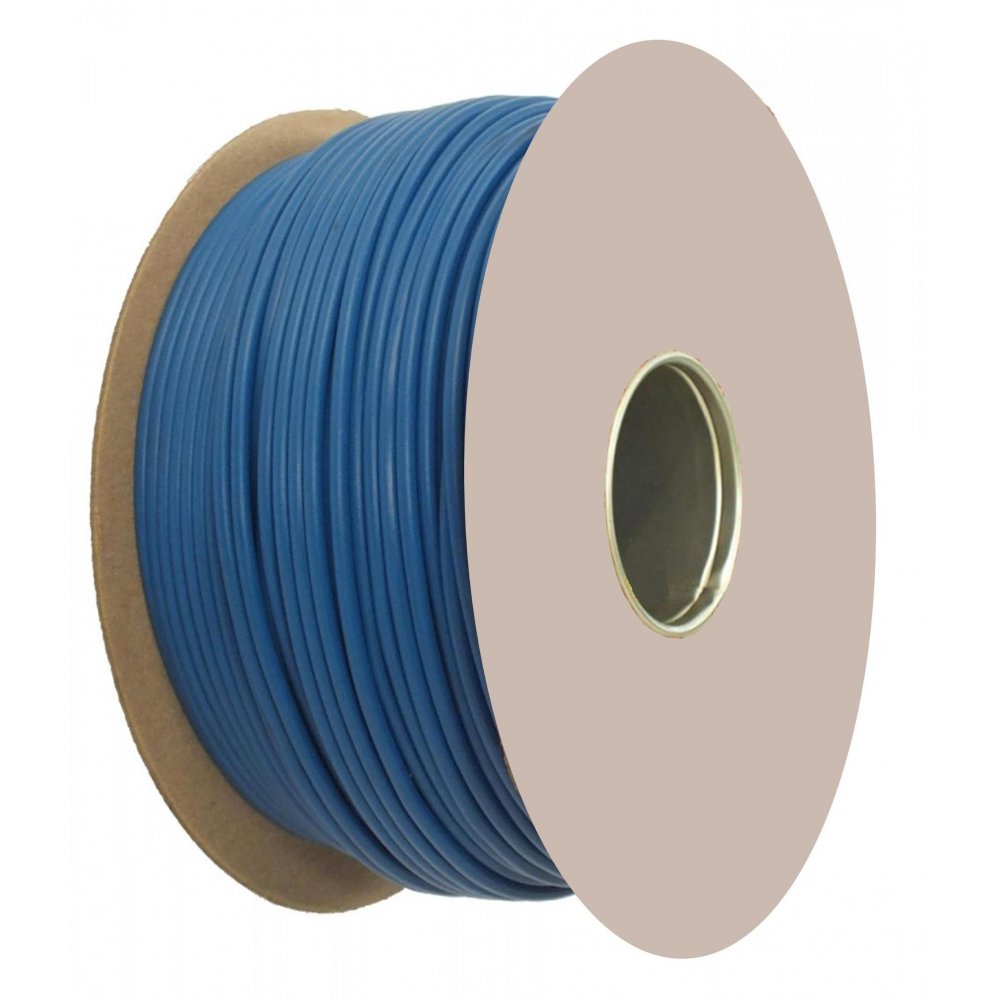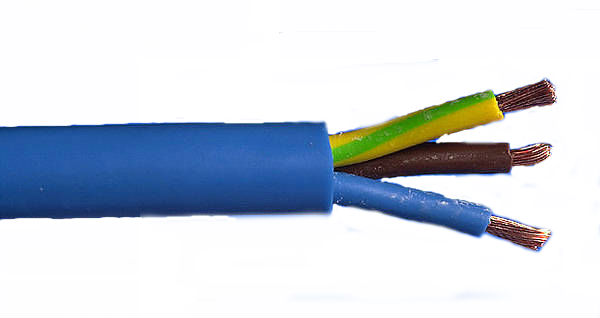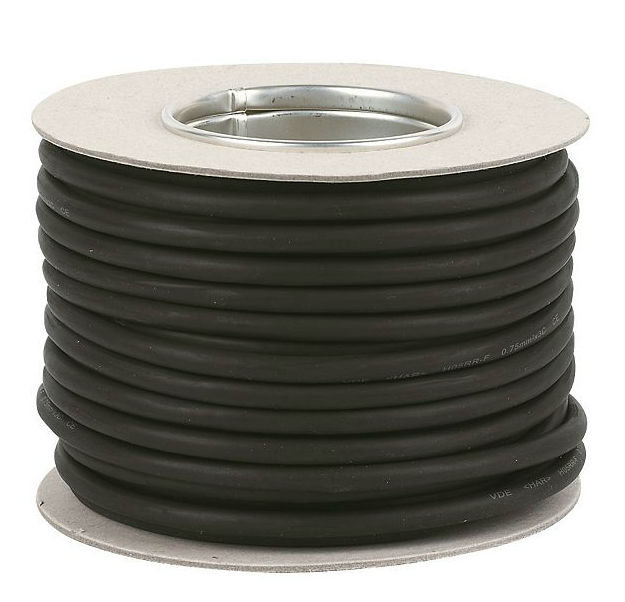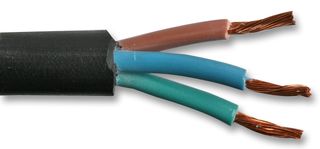SECONDHAND GENERATORS
The Best Place To Buy And Sell Generators
|
If you are building your own extention leads this may be usfull. Many extention leads are made out of Arctic cable (it's remains flexible at low tempretures.) Normaly in a blue colour (yellow is used for 115v) However most are now using HO7 cable. Arctic cable is, as it's name suggests, suitable for use in sub zero temperatures, that is it, nothing more. In comparison to standard flexible cable arctic cable is more flexible and has a slightly thicker insulation and sheath. There is no particular reason to expect it to be any better than normal flex beyond that. Compared to arctic H07RNF has even thicker insulation / sheath, is resistant to more materials, is still pretty flexible, can be used in sub zero temperatures, has a higher voltage rating and is designed for the environment. |
 |
 |
Arctic cable is, as it's name suggests, suitable for use in sub zero temperatures, that is it, nothing more. In comparison to standard flexible cable arctic cable is more flexible and has a slightly thicker insulation and sheath. There is no particular reason to expect it to be any better than normal flex beyond that. |
| Compared to arctic H07RNF has even thicker insulation / sheath, is resistant to more, it is still pretty flexible, can be used in sub zero temperatures, has a higher voltage rating and is designed for the environment.
Arctic cable is, as it's name suggests, suitable for use in sub zero temperatures, that is it, nothing more. (It has to be noted that not all blue cable is sutable for low tempritures. Cable should be made to BS 7919 and can be used down to -25C. Normal cable can't be safly used below +5. ) |
 |
 |
In comparison to standard flexible cable arctic cable is more flexible and has slightlythicker insulation and sheath.
There is no particular reason to expect it to be any better than normal flex beyond that. Compared to arctic H07RNF has even thicker insulation / sheath, is resistant to more materials, is still pretty flexible, can be used in sub zero temperatures, has a higher voltage rating and is designed for the environment. Please find below an explanation of what the number meen when specifiing cable. |
Harmonised Cable Coding
---------------------------------------------------
Identification of design
H Harmonised Standards
A Authorised National standards
Nominal voltages
03 300/300V
05 300/500V
07 450/750V
Insulating Material
V PVC
R Rubber
S Silicon
Sheathing Material
V PVC
R Rubber
N Polychloroprene (PCP)
J Glassfibre braid (GFB)
T Textile
T2 Textile with flame resistance
Special construction
H Flat, divisible cords
H2 Flat, Non-divisible cords
D5 Central core (non-supported element)
Conductor form
U Solid wire
R Stranded wire
K Fine wire (for permanent installation)
F Fine wire (for flexible cables)
H Super-fine wire
Y Tinsel
Number of cores
2 2 Core
3 3 Core
_____________________________________________
EXAMPLE
H05VV-F3
Harmonised, 300/500V, PVC, PVC, Fine wire flexible cable, 3 core